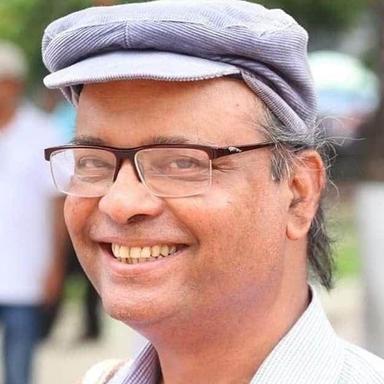
What Bangladesh should do regarding US tariff
If any country imposes additional tariffs on imported goods, the first reaction is that the price of the concerned exported goods increases. The United States has imposed increased tariffs on imported goods from various countries. In order for Bangladeshi products to enter the US market in the future, an additional 35 percent tariff will have to be paid. Currently, an average of 15 percent tariff has to be paid for exporting Bangladeshi products to the US market. An additional 35 percent tariff will be added to that. That is, in order to enter the US market in the future, a total of 50 percent tariff will have to be paid on Bangladeshi products.






